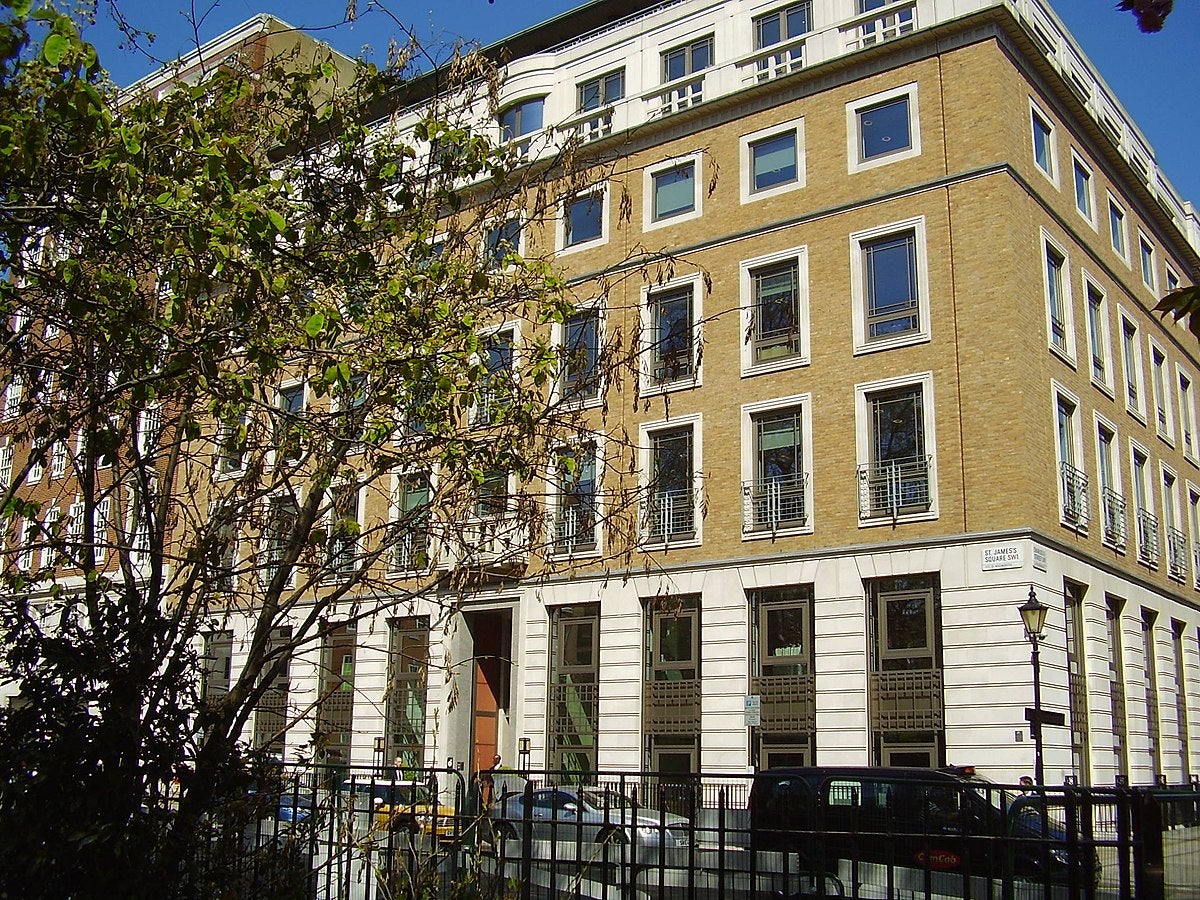
British oil major BP has posted an underlying replacement cost profit of $27.65bn for full year 2022, which is more than double compared with $12.8bn from a year ago.
The surge in profit was attributed to a jump in global energy prices after Russia’s invasion of Ukraine.
For the year that ended on 31 December 2022, the company’s total revenues and other income surged to $248.89bn, from $164.19bn a year earlier.
Operating cash flow for the period under review increased to $40.9bn, from $23.6bn in the same period a year ago.
BP CEO Bernard Looney said: “Throughout 2022, BP continued to focus on delivery of our Integrated Energy Company strategy.
“Importantly, we are delivering for our shareholders, with buybacks and a growing dividend. This is exactly what we said we would do and will continue to do, performing while transforming.”
By the end of 31 December 2022, the energy giant had a net debt of $21.42bn while its capital expenditure for the year stood at $16.3bn.
The company announced its plan to increase its quarterly dividend by 10% to 6.61 cents per ordinary share.
Furthermore, the company will buy back shares worth $2.75bn from shareholders.
BP CFO Murray Auchincloss said: “During 2022, BP delivered four quarters of robust underlying financial performance.
“We have raised our dividend by 21% since Q4 2021, reduced net debt by $9.2bn, invested with discipline, and announced $11.25bn of share buybacks.
“As we look to 2023, we remain focused on the disciplined delivery of our financial frame, with its five priorities, underpinned by a $40 per barrel balance point, unchanged.”


